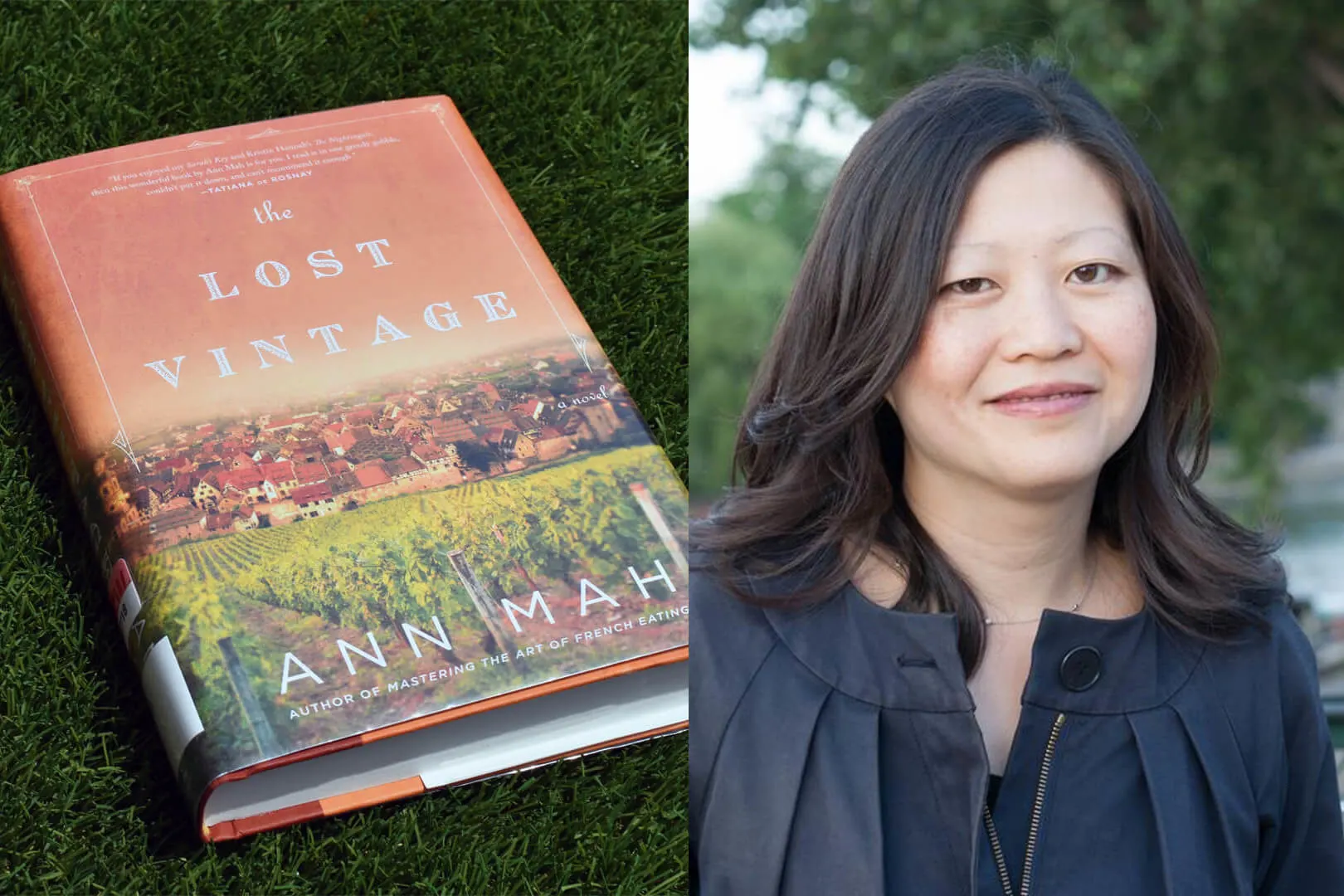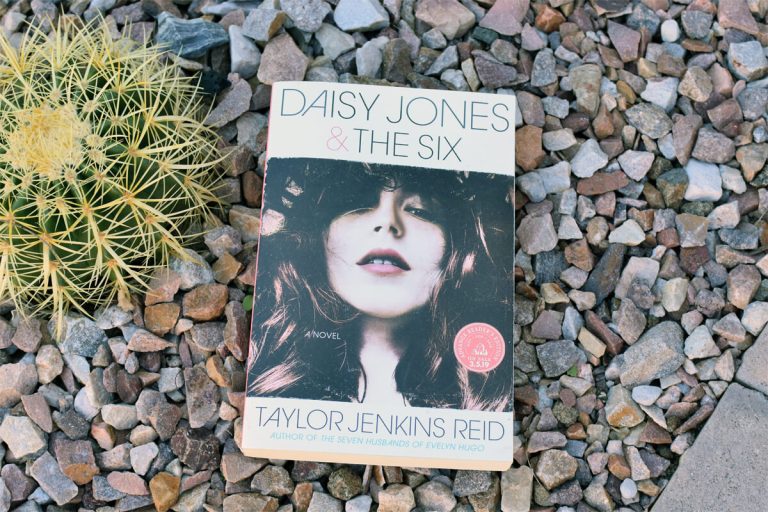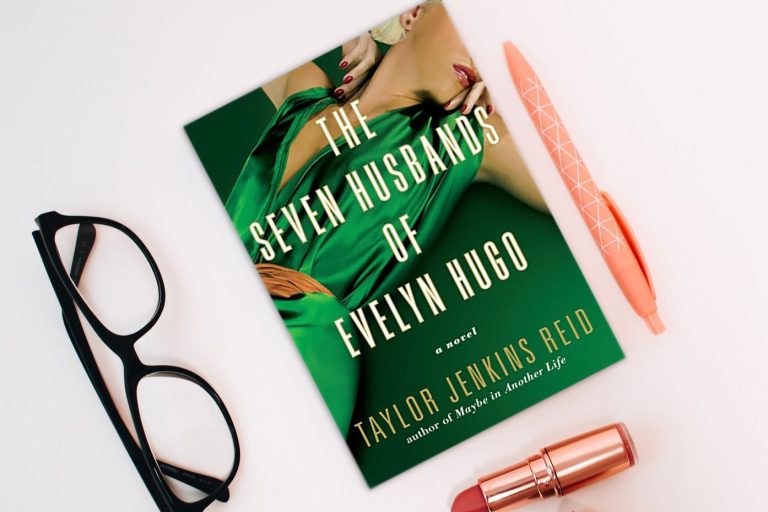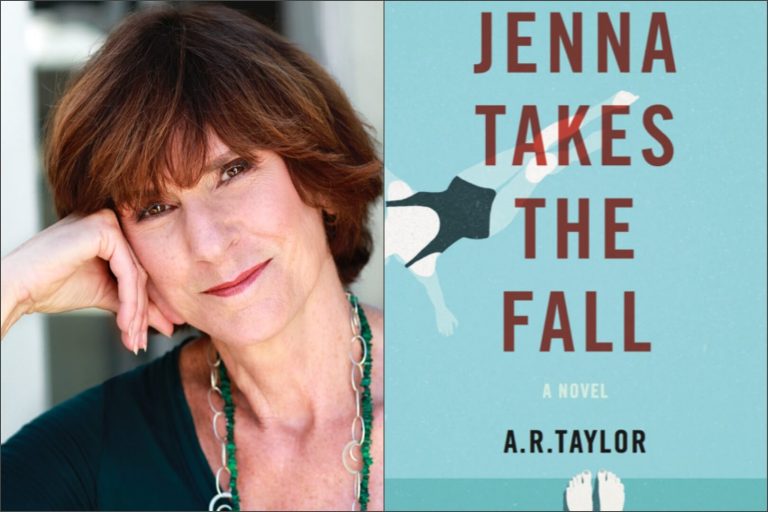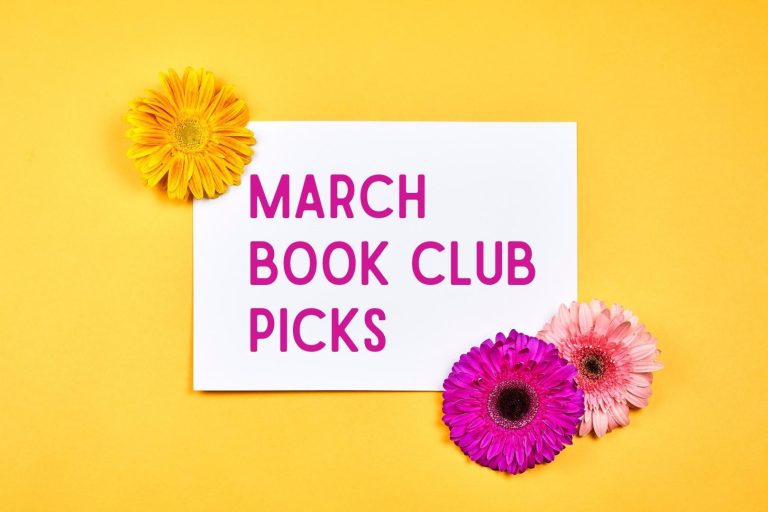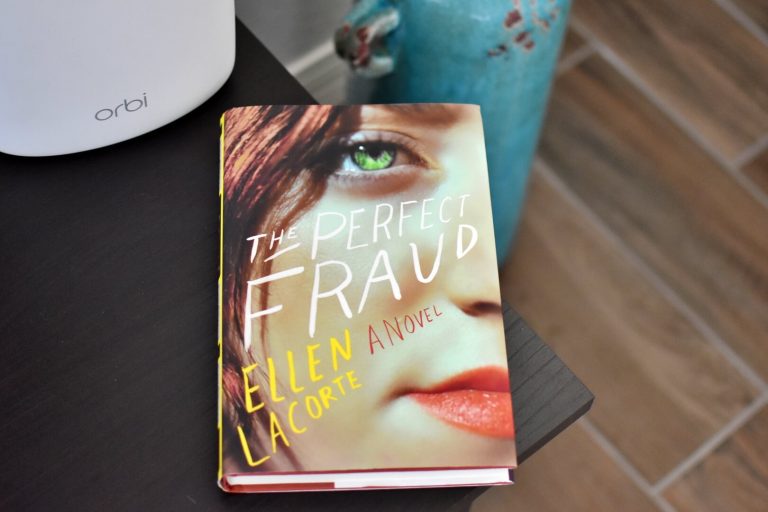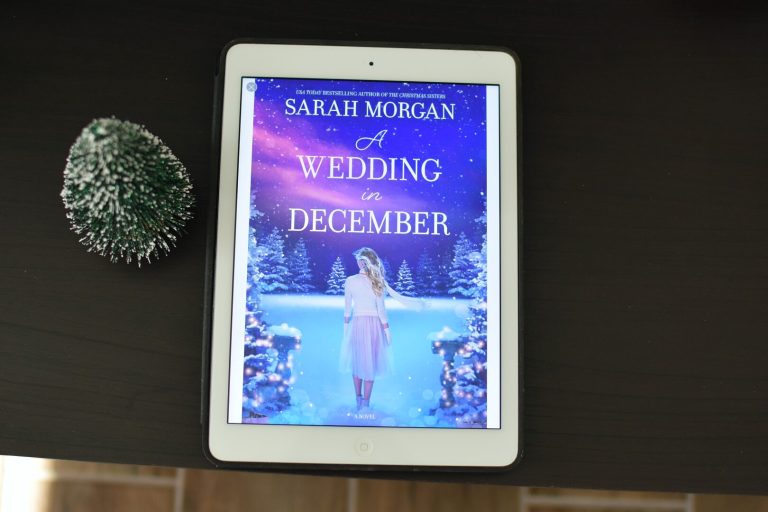This post contains links to products that I may receive compensation from at no additional cost to you. View my Affiliate Disclosure page here.
Ann Mah is the author of The Lost Vintage, Instantly French, Mastering the Art of French Eating and Kitchen Chinese. Ann is a journalist and novelist based in Washington, D.C. and Paris. She’s a regular contributor to New York Times Travel, and her articles have also appeared in Condé Nast Traveler, Vogue, Food52, The Kitchn, BonAppétit, Best American Travel Writing 2017, The New York Times: Footsteps, and other publications.
The Lost Vintage by Ann Mah is a moving and rich story about family secrets and lost love set in the vineyards of Burgundy (check out my preview, review and book club questions). If you enjoy mysteries, historical fiction, wine, French culture with a love story mixed in, you’ll love this one. I sure did.
Get to know Ann with the below Q&A where she talks writing fiction versus nonfiction, inspiration behind The Lost Vintage, research for the novel and more.
Q: What are some of your favorite novels?
Lots of British writers, I’m afraid! The Woman in White by Wilkie Collins; Persuasian by Jane Austen; Brideshead Revisited by Evelyn Waugh; The Pursuit of Love by Nancy Mitford.
Q: When did you know you wanted to become a writer?
I can’t ever remember wanting to do anything else – and my mom, fearing that I’d end up with rickets in an unheated garret, certainly encouraged me to do everything else. I gave up the dream for a longtime after college, but even then I worked for a publishing house in New York, so I was never far from books and writers. After we got married, my husband’s job transferred us to Beijing, China, and I had to give up my career in book publishing. I was so afraid at the time, but that move really allowed me to take the plunge and start writing seriously.
Q: Can you talk about the some of the key differences between writing fiction, memoir and cookbooks? Do you plan to write more fiction in the future?
When I’m writing a nonfiction, such as a travel article, personal essay, or even a recipe, I’m trying to accurately relate an experience. But for fiction, I can’t imagine two better metaphors than food and wine – they speak to our deepest desires (or disgusts), our most visceral memories. You can communicate so much through a character’s favorite foods. As well, the dinner table remains my absolute favorite setting to write a scene of family conflict – everyone is tidily in one place, but each person has their own motivations and distractions.
Q: What inspired you to write The Lost Vintage?
I first visited Burgundy in 2010 to research an article on Thomas Jefferson’s favorite vineyards in France. The minute I set foot in the region, I was captivated by the vine-covered slopes and charming villages. And if I sensed ghosts there, hovering amid the beauty, they only added to my fascination. I think the seed for this novel was planted then. A few years later, I volunteered to pick grapes at the harvest in Champagne. Harvest volunteers are often given free room and board, and I was put up in an empty attic apartment at the vineyard house. The rooms hadn’t been touched since the 1960s: they were
sparsely decorated with mid-century hospital furniture; the floors creaked; the wallpaper was peeling; and at night the rural silence was deafening – and bone-chilling. Even though I was exhausted from long days of physical labor, whenever I lay down to sleep, my imagination would cartwheel. And so, I slept with the lights on, and when I woke, I wrote in my journal. This story was born from those wild scribblings.
Q: The story focuses on the French resistance but also how many women were treated after the war when they were denounced as collaborators. How much did you know about these topics prior to writing the story? When writing historical fiction, how do you find the right balance between fact and fiction?
As I mentioned, I was captivated by the beauty of Burgundy – but I felt something ominous there, too. I didn’t really understand it until I started researching World War II and learned more about the “épuration sauvage,” the spontaneous “wild purge” that punished thousands of women throughout France in the days and weeks following the Liberation. Accused of “horizontal collaboration,” or sleeping with the enemy, these women were targeted by vigilante justice and publicly humiliated. Their heads were shaved, they were stripped, paraded through town, smeared with tar, stoned, kicked, beaten, and sometimes killed. Yes, some of them had slept with Germans. Some of them were prostitutes. But some had been raped. Some were women who merely worked for German soldiers, as was the case with one cleaning lady. Some were framed and falsely accused out of jealousy. Many were mothers desperate to feed their starving children. In almost every case, their punishment was far worse than their male counterparts. These women – over 20,000 of them! – were the most vulnerable members of society, and they became scapegoats for a humiliated nation. I felt it was important for their story to finally be told.
Q: There are so many vivid details of the food and wine in Burgundy. Can you talk about your background with studying food and wine and how you applied it to the story?
It was important to me to be able to write accurately about the wine world, so as part of the research for this book, I took classes through the Wine and Spirits Education Trust, which is the same organization that administers the Master of Wine program. I learned just enough to know I’m definitely not an expert! As part of the class we did blind tastings, in which we smelled and tasted different wines and identified flavors from the wine aroma wheel. People would call out things like “dill,” “petrol,” or “green peppers,” and everyone would argue until the teacher came down with the final verdict. My fellow classmates were really competitive. I used to joke that it was like a blood sport.
Q: Can you give any hints regarding your next book?
I’m still figuring it out, but it’s about secret societies rooted in ancient Greece, with a story that reaches to the present.
Q: What books are you currently reading and what’s on your to be read (TBR) list?
I just finished Lethal White by Robert Galbraith. I absolutely love this crime series written pseudonymously by JK Rowling. All her skills of character, dialogue, and plot are on display. I also recently loved Black Swan Rising, a chilling political thriller by Lisa Brackmann. I’m currently cooking my way through Everyday Dorie by Dorie Greenspan, and it is a joy.
I’m looking forward to Transcription by Kate Atkinson (another master craftswoman). Be Frank with Me by Julia Claiborne Johnson promises to be hilarious and heart-warming. I can’t wait for my friend Allie Larkin’s new novel, Swimming for Sunlight, which comes out in April.
Click here to buy The Lost Vintage on Amazon.
